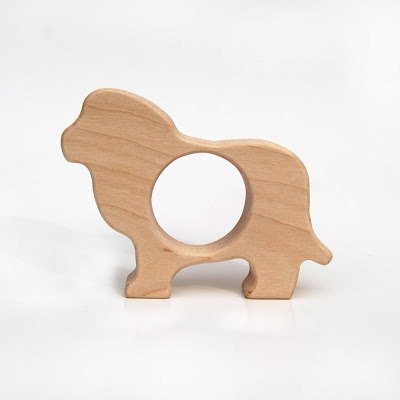I hated having to do chores as a child. I remember thinking that my mom had it so good- she never had to clean. How naive and blind I was! 1) I never saw the work she did after we were in bed. My dad says she used to stay up past midnight finishing laundry, or cleaning up random things around the house. 2) Mom also spent a lot of time reminding us to complete our chores. I bet 9 times out of 10 she could have completed the chore so much faster and easier if she did it herself. I would guess that there were many times she wanted to load the dishwasher for us because it would have been so much easier on her. But she didn't. Not because she was out to get us and wanted to use us as her personal little maids. It was because she was raising children. She was trying to teach us the value of work.
Now that I have a little girl who needs to learn the value of work, I am ever more grateful for my mom. When my daughter makes a mess with her toys, I have two options. I can pick up her toys for her in about 5 minutes or I can work with her and help her stay on task to pick them up herself- which can take between 15 and 30 minutes. While the latter is inconvenient and potentially stressful for myself, it is the better choice to make for my daughter.
It is important to start at an early age teaching our children how to work. Some type of chore or responsibility is vital to their development and accountability. It is also important to pick a chore that is age appropriate. And don't forget the praise. Praising our children for a job well done will build confidence and respect.
A very wise man by the name of Neal A Maxwell said, "Be careful. . . when you inordinately desire things to be better for your children than they were for you. Do not, however unintentionally, make things worse by removing the requirement for reasonable work as part of their experience, thereby insulating your children from the very things that helped make you what you are!"











